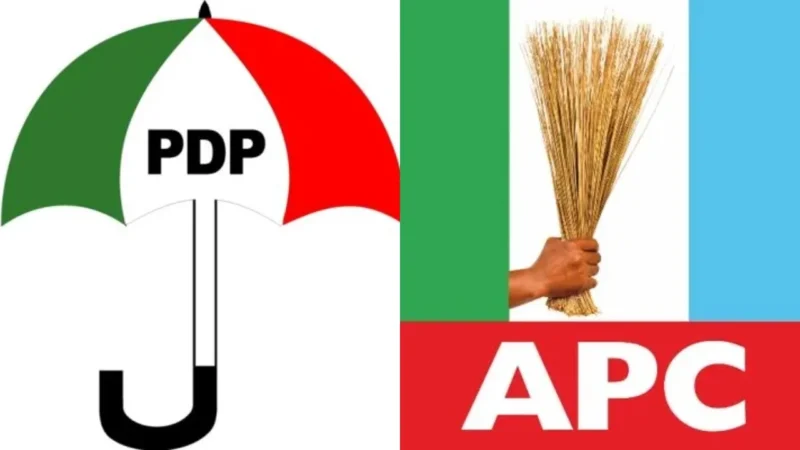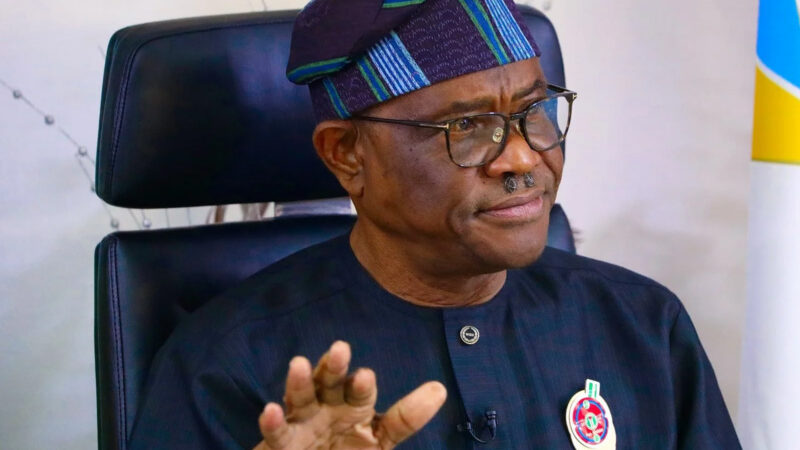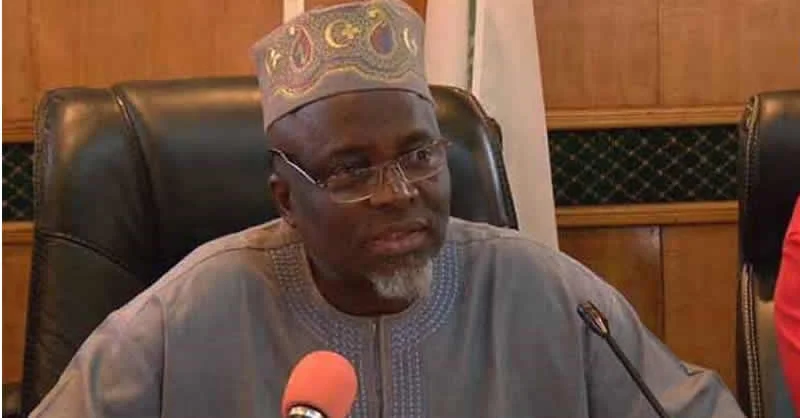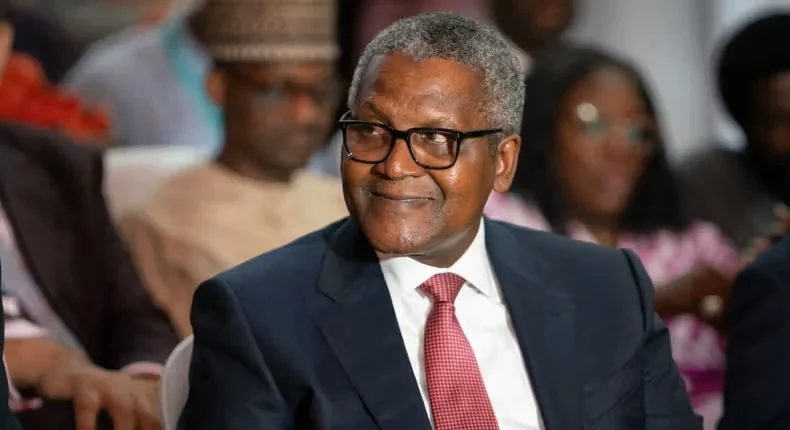Maritime Editors Confab: Shippers Council leverages on Maritime potentials to achieve FG’s economic agenda

The Executive Secretary/ CEO, Nigerian Shippers’ Council, Barrister Pius Akutah, has assured that the Council is committed to contributing its quota to aid the materialisation of the federal government’s Renewed Hope Agenda, in line with leveraging on the blue economy potentials to foster a healthy economy.
Akutah said this during the League of Maritime Editors’ annual general meeting (AGM)/ seminar held in Lagos on Friday, with the theme “Renewed Hope Agenda: The Place of Nigeria’s Maritime Industry.”
Reeling out the measures taken so far by the Council at the event held at the Lagos Airport hotels, in Ikeja, he reiterated that over 90 per cent of Nigerian port process and operations are already automated.
He promised that the Nigerian Shippers’ Council will continue to promote and advocate for full digitalisation of port process and operations in Nigerian ports, as this was in line with the federal government’s “Renewed Hope” and as well as its mandate as the nation’s port economic regulator.
The measures taken by the Shippers’ Council so far in contributing to the federal government’s agenda according to him include; the Establishment of Border Information Centres (BICs) at official borders across the country, saying that the Council already has four operational BICs located at Seme-Krake border, Jibia-Maradi border, Illela border, and Mfum border.
The second is the establishment of a complaint handling and dispute resolution mechanism for mitigation and out-of -court settlement between shipping service providers and users.
The third is the promotion and facilitation of the establishment of Inland Dry Ports (IDPs) across the country to ensure that shipping services reach the door steps of shippers that are located at the hinterland areas, and assists in evacuation of transit trade to landlocked countries.
Fourth, according to the ES is the promotion and facilitation of the establishment of Vehicle Transit Areas (VTAs) to serve as a resting place for truck drivers and other road users.
The fifth measure is the setting of guidelines for tariff and stakeholders’ standard operating procedures, and cost moderation.
Furthermore, he disclosed that the Shippers’ Council was engaging the shipping companies and terminal operators on the need to establish fair and competitive tariff in order to forestall the diversion of cargoes to other neighbouring countries.
Other interventions from the Council are sensitisation and training of stakeholders to encourage the adoption of international best practice in doing their business transactions. “We are engaging with the Standard Organisation of Nigeria (SON), National Agency for Food & Drug Administration and Control (NAFDAC), and other relevant stakeholders to address the issue of rejection of Nigeria agricultural produce in other countries.
The Shippers’ Council boss while acknowledging the role of the media in promoting and projecting the industry emphasised that the Nigerian Shippers’ Council will continue to collaborate and support the League of Maritime Editors in the course of projecting the marine and blue economy endeavours.
Earlier in his address, the Minister of Marine and Blue Economy, Adegboyega Oyetola, stated that the creation of the Ministry by the President is a monumental step towards harnessing the vast untapped potentials of Nigeria’s maritime sector.
He added that the creation of this Ministry reflects the government’s commitment to building a future where the blue economy plays a major role in national prosperity, and in bringing this vision to life, the Ministry is working to reposition the sector by improving port efficiency, enhancing infrastructure, boosting maritime security, and developing the workforce.
“Additionally, we aim to sustainably leverage maritime resources to create jobs, increase revenue, and promote environmental stewardship,” Oyetola said.
Oyetola stressed that the role of the media in informing and educating the public will be key to unlocking the full potentials of the blue economy, therefore he pledged a committed collaboration with all stakeholders, particularly the media, to foster a globally competitive and sustainable maritime industry.







